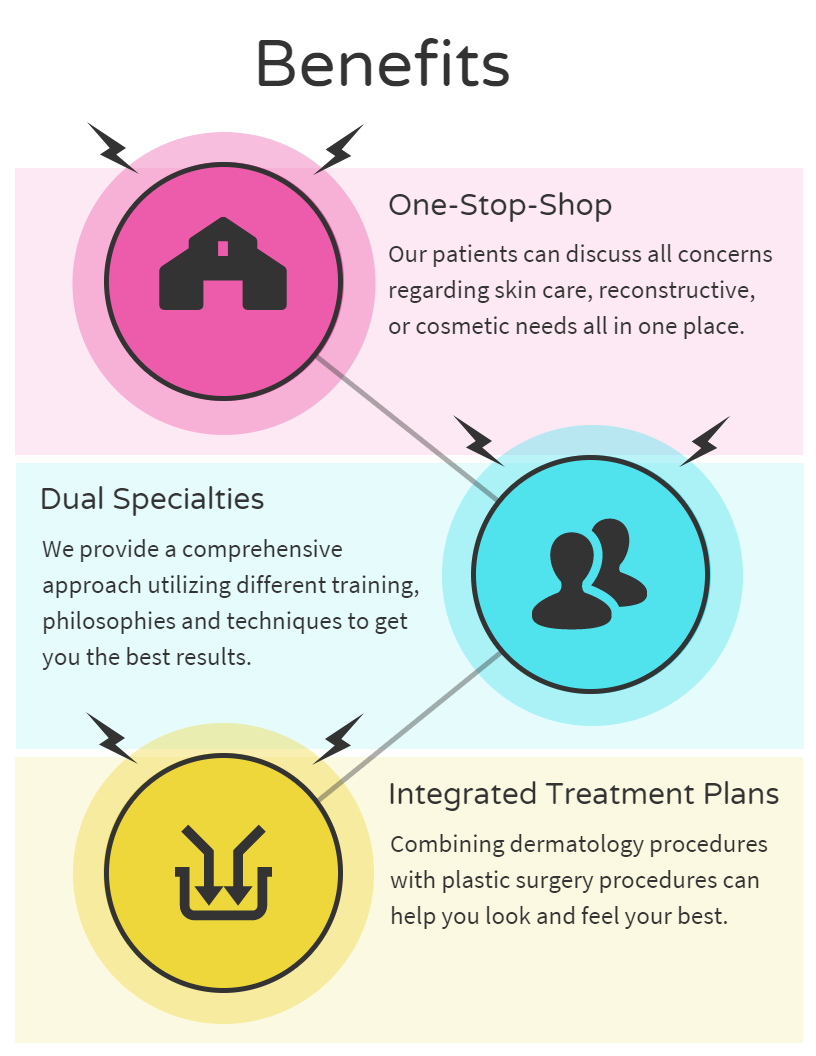Misconceptions And Realities About Acne: Debunking Common Misconceptions
Misconceptions And Realities About Acne: Debunking Common Misconceptions
Blog Article
Write- https://www.tmz.com/2021/10/02/joan-collins-kardashians-book-cosmetic-plastic-surgery/ -Joyner Trolle
You might think that enjoying delicious chocolate or oily foods is the root cause of your acne, yet that's just one of lots of misconceptions swirling around this typical skin condition. Actually, acne primarily comes from clogged up hair follicles, not your last dessert. Misconceptions like these can lead you to adopt ineffective skincare methods that may also aggravate your scenario. As you navigate the truths behind acne, you'll discover understandings that could change your strategy to skincare and aid you attain more clear skin. So, what really lies below the surface area?
Common Myths About Acne
When it pertains to acne, many individuals count on common misconceptions that can bring about complication and irritation. how often should you do microneedling is that consuming delicious chocolate or greasy foods creates acne. While diet can influence skin health and wellness, the straight link between certain foods and acne isn't as well-defined as lots of believe.
Another usual false impression is that you ought to scrub your face strongly to clean up outbreaks. Actually, aggressive scrubbing can irritate your skin and aggravate acne.
You could also think that acne just influences young adults, however grownups can experience it also, typically due to hormonal modifications or stress. Some people assume that tanning can clear acne, but sun direct exposure can really cause skin damage and aggravate breakouts in the long run.
Lastly, many believe that using rough items will certainly remove acne promptly. However, these products can strip your skin of its natural oils, resulting in raised irritability and more outbreaks.
Scientific Facts Behind Acne
Comprehending the scientific facts behind acne can equip you to tackle this common skin problem better.
Acne occurs when hair roots become clogged with oil, dead skin cells, and microorganisms. This procedure usually begins with an overflow of sebum, the oil your skin normally generates. Hormone modifications, especially throughout the age of puberty or menstrual cycle, can activate this excess oil.
Microorganisms referred to as Propionibacterium acnes flourish in these clogged pores, leading to inflammation. When your immune system reacts, it can create redness and swelling, causing those troublesome pimples or cysts.
Genes also contribute; if your parents had acne, you could be more prone to it.
Diet plan and stress and anxiety levels can influence acne as well, however research is still evolving in these locations. While indulging in oily foods will not straight cause outbreaks, a balanced diet plan can sustain your skin health.
Also, managing stress and anxiety can minimize hormone variations that might get worse acne.
Tips for Handling Acne
Handling acne effectively calls for a mix of daily skin care behaviors and way of life modifications. Beginning by developing a regular skincare regimen. Clean microdermabrasion with a mild, non-comedogenic cleanser to remove dirt and excess oil. Stay clear of scrubbing too hard, as this can irritate your skin and worsen acne.
Next, include products consisting of salicylic acid or benzoyl peroxide to help stop outbreaks. Constantly follow up with a lightweight, oil-free cream to maintain your skin hydrated. Do not neglect sunscreen; opt for non-comedogenic alternatives to safeguard your skin from UV damages without blocking pores.
Past skincare, take note of your diet regimen. Limit sugary and oily foods, and concentrate on fruits, vegetables, and entire grains. Remaining hydrated is critical, so drink plenty of water throughout the day.
Additionally, handle tension through tasks like yoga, meditation, or workout, as tension can cause outbreaks.
Finally, avoid picking or popping pimples. This can result in scarring and additional inflammation. If your acne continues, consult a skin doctor for personalized treatment choices.
Final thought
In conclusion, it's important to separate reality from fiction when it concerns acne. By exposing common misconceptions, you can much better recognize your skin and make informed options for your skin care routine. So, why remain to rely on out-of-date ideas when the fact can equip you? Welcome much healthier behaviors, focus on gentle cleansing, and remember that taking care of acne is a trip. With the right expertise, you're one step more detailed to more clear, healthier skin.
